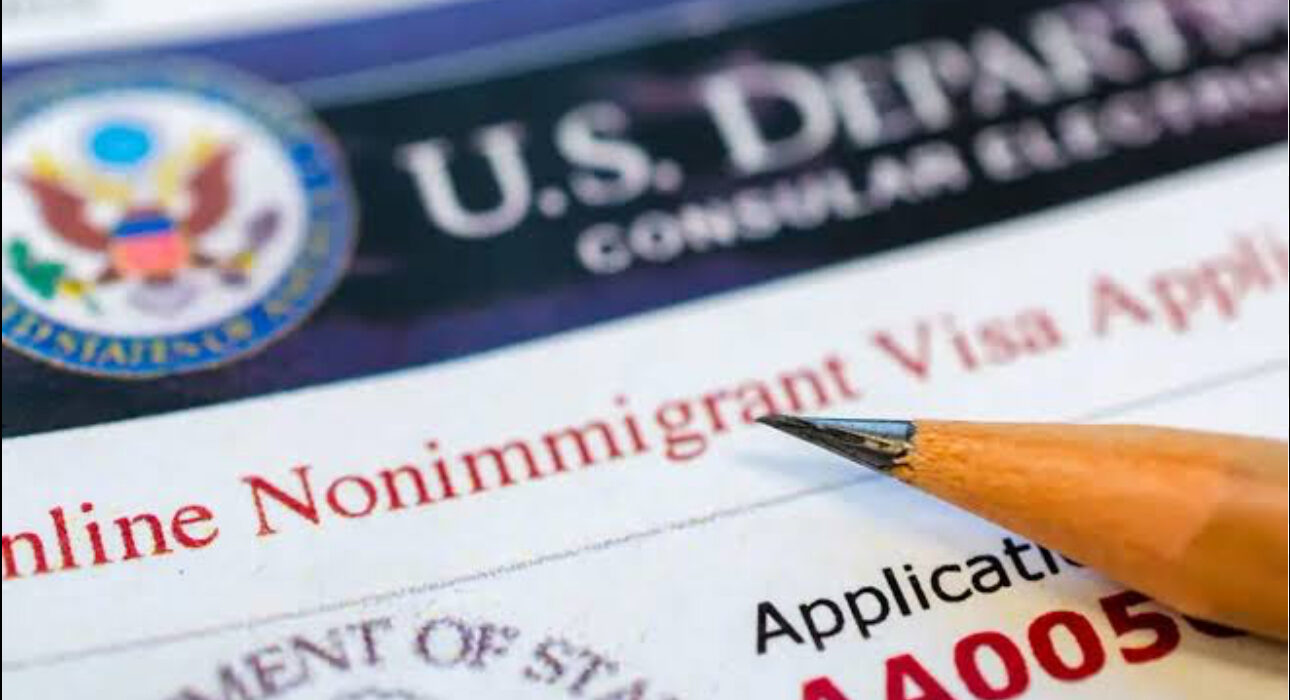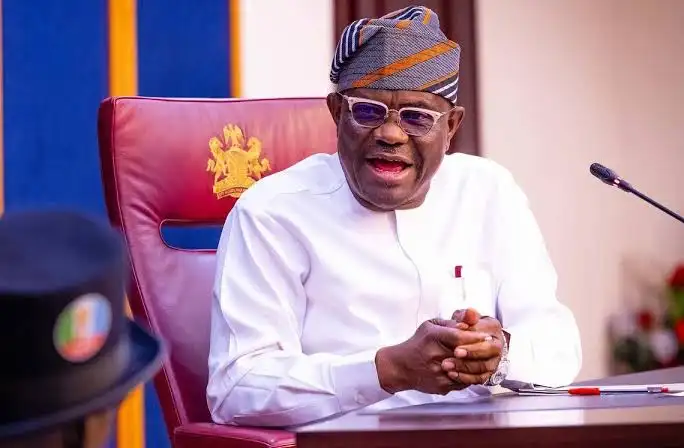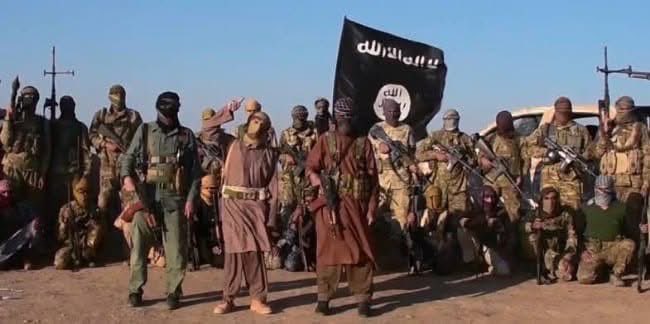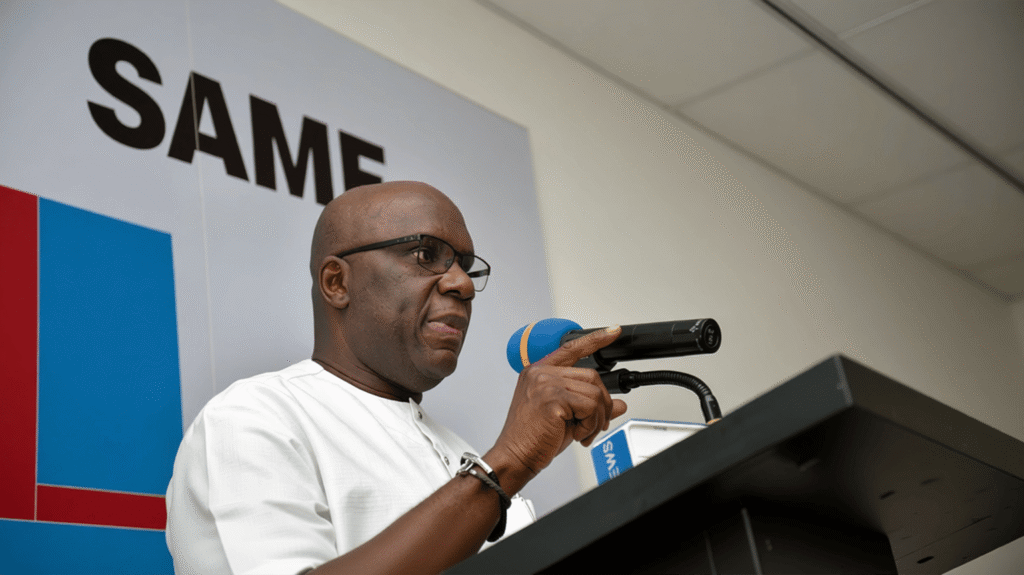US Tightens Rules for Immigrant Visa Interviews

The United States government has announced new rules that will significantly change how immigrant visa applicants attend their consular interviews.
Beginning November 1, 2025, applicants will be required to hold their interviews either in the country where they currently live or, in some cases, in their country of nationality.
Previously, applicants had the option to schedule interviews in third countries, often as a way to avoid long waiting times or limited appointments in their home regions.
The new policy ends this practice, which the State Department described as “consulate shopping,” and is intended to bring more uniformity and tighter administrative control to the system.
The change will affect all immigrant visa categories, including family-based visas, employment-based visas, and Diversity Visa (DV) lottery winners, starting with the DV-2026 program.
Exceptions will only be granted in rare circumstances such as humanitarian emergencies, medical reasons, or certain foreign policy considerations.
For applicants from countries where the US has no consular presence, designated embassies will handle cases. For example, Iranians will continue to be processed in Abu Dhabi, Ankara, or Yerevan; Russians in Warsaw or Central Asian posts like Almaty and Tashkent; and Eritreans in Addis Ababa or Nairobi.
The State Department clarified that existing appointments scheduled before November 1 will remain valid. However, after that date, any transfer requests must be submitted through the National Visa Center (NVC) rather than directly contacting a consulate.
Immigration experts note that while the policy may streamline operations for the State Department, it could bring new challenges for applicants. Those living in countries with high visa demand may face longer waits, while others in regions without US consular services could face additional travel costs and logistical hurdles.
This development underscores the Biden administration’s push to tighten immigration procedures and reduce flexibility in processing.
For many applicants, especially those participating in the Green Card Lottery, the rule will require early planning and careful coordination to avoid delays.









